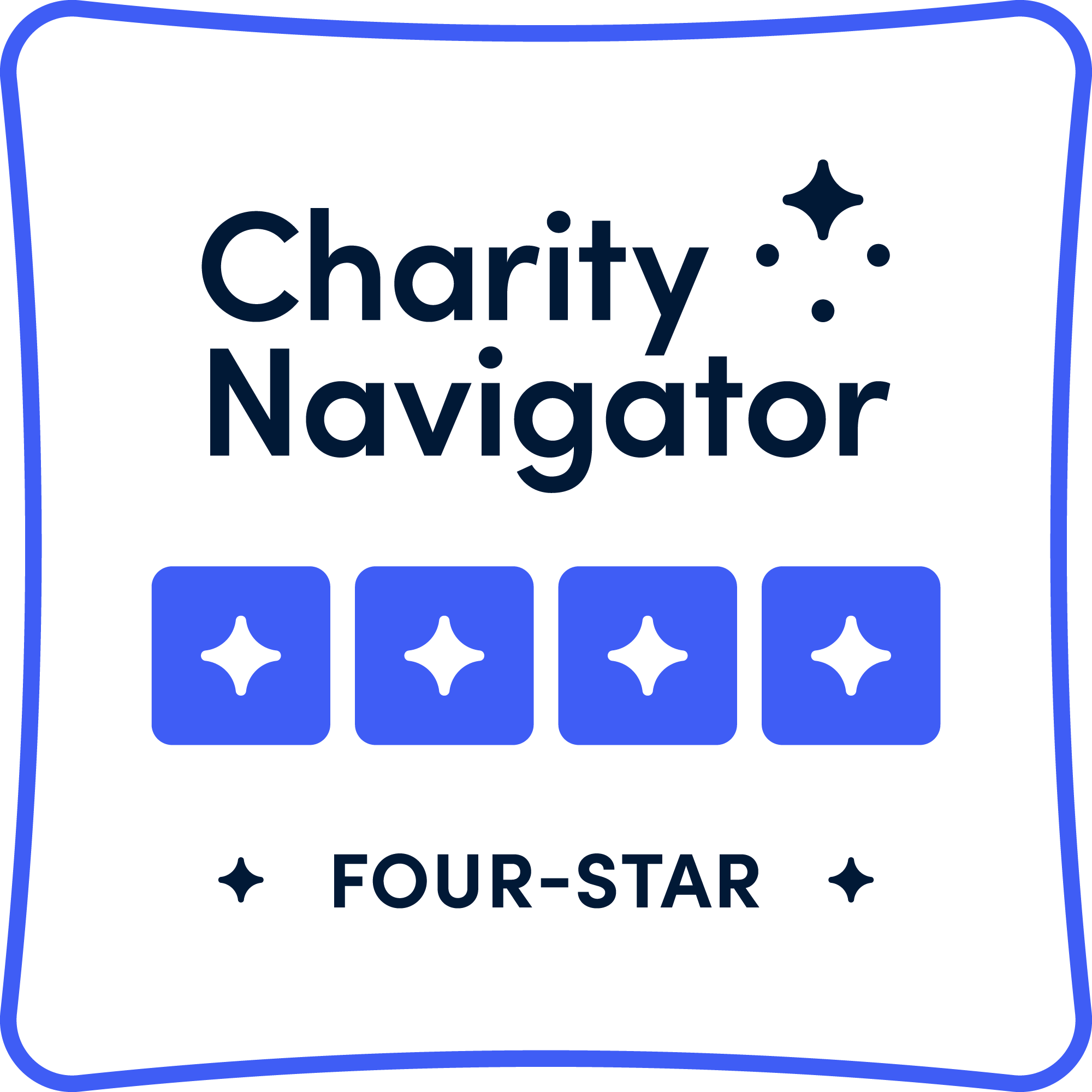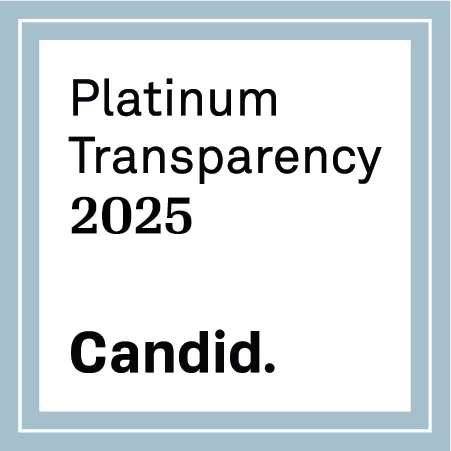We are asking our young people of color to work twice as hard to access the spaces to which their white peers are often handed the keys. It's our responsibility, not theirs, to break down barriers.
It’s an open secret in this country that access and opportunity hinge on who you know.
It’s also human nature for people to be gatekeepers of that access and hoarders of that opportunity.
Nowhere is this ‘Hunger Games’ behavior more evident than in our national pandemic, as the scarcity of jobs, vaccines, and toilet paper have tested shared norms about community, access, and justice.
But in non-pandemic times, these norms were already dystopian. And it has everything to do with race.
It’s a fact of life that 80% of us get jobs through networks. If you reflect on your own career path, you’ll no doubt find at least one job, and probably more, that came through personal or professional connections, whether colleagues, family, alumni groups, or friends—a ‘hidden job market’ where positions pass through closed networks. No college degree can on its own create pathways to the core building blocks of careers, like internships, mentors, first full-time jobs, and career advancement.
Networks also confer social capital in the workplace—resources that accrue by virtue of a network of institutionalized relationships of mutual acquaintance. Said plainly: How do you communicate your assets in a resume, interview, or elevator pitch? What email do you send to apply for an internship? How do you advocate for yourself for career advancement or navigate workplace challenges?
To put it simply, the relationships we have teach us the way things work in the spaces we fill. These intangible assets build careers, livelihoods, social mobility, and future generations of wealth.
Which makes their weight and consequence central to any conversation about racial equity and economic justice.
You often hear people point to a ‘network gap’ among first-generation college students and Black, Indigenous and People of Color (BIPOC) students, as a deficit describing something they don’t have. But of course they have networks, as does any young person—family, friends, neighbors, schoolmates, teammates, co-workers, teachers, church friends, sport teams, and more.
We should acknowledge instead that those people are usually talking about networks radiating from centers of power and influence in this country, which are overwhelmingly white. We should be explicit in naming the systematic and institutional racism that excludes BIPOC students from predominantly white places of learning and work, perpetuating the concentration of opportunities there.
It’s not news that networks are typically dominated by people from the same racial background. The National Bureau of Economic Research calls it “closure”—the idea that social groups restrict access to opportunity on the basis of shared traits and experiences.” But research also shows that networks of white people remain more homogenous than do other racial groups. This means in order to access opportunities, BIPOC students have to work harder for access than their white peers, who often are beneficiaries of these segregated networks.
Not all opportunity hoarding is as overt (and criminal) as using wealth to bribe your daughter's way into college. It might not have occurred to you in this way, but those of us with power and privilege, especially white privilege, are guilty of gatekeeping access and hoarding opportunities for our own communities in perfectly legal ways.
When your company offers internships, do you connect friends and family or advocate for BIPOC students who may not have the same access? When there’s a job opening on your team, do you tap your business school networks or reach outside of your circle? When you’re asked to do an alumni interview for a friend’s kid, do you also call your alma mater to seek out a first-generation college student to interview and advocate for? When you hire vendors for home or work, do you ask neighbors or colleagues for referrals, or explore BIPOC-owned businesses, too?
For two decades, my colleagues and I have worked with BIPOC students to break down access to barriers, with a unique focus on how young people can build, mobilize, and give back to relationships on the path to college and careers. Our students draw network maps and engage with people based on their own assets—their strengths, skills, and experiences. Over six years, they expand those networks through career exposure, networking, career mentors, college connections, and five summers of paid internships. The data support this overall approach: 89% of students we support in these ways secure jobs in their careers of interest or graduate school admission within six months of college graduation.
But in doing this, we are asking our BIPOC young people to work twice as hard as they should have to in order to access the spaces to which their white peers are often handed the keys. It’s our responsibility, not theirs, to break down the barriers that persist in denying them access and opportunity. We can all do this, by acknowledging the power of our networks, opening them up, and leveraging our privilege to require our employers to build truly inclusive workplaces.
We need to be these catalysts, but we won’t need to be for long. The beauty of it is that BIPOC young people, as they ascend in careers across all sectors, will themselves become their own most powerful networks, and, with the ripple effect of networks begetting networks, catapult an entirely new generation of leaders representative of the world around us.
Click here to read the original article.

